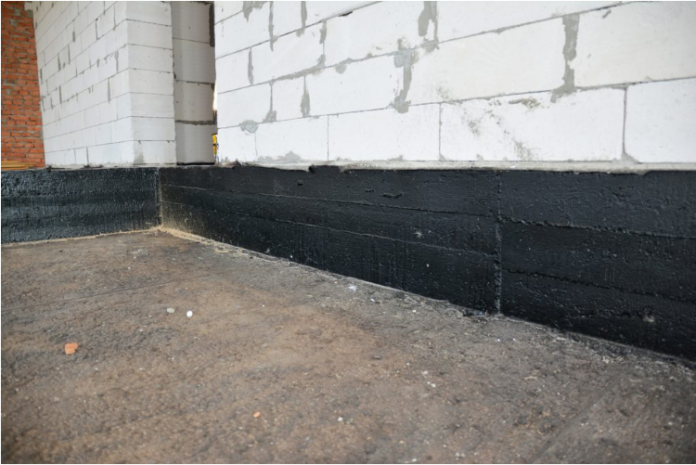When it comes to protecting your home from the damaging effects of water intrusion, foundation and basement waterproofing are essential. Water can easily seep into your basement or foundation, leading to structural damage, mold growth, and health issues. Understanding the best waterproofing systems available and how to choose the right one for your property can save you from costly repairs in the future.
Understanding the Importance of Foundation Waterproofing
Your foundation is the backbone of your home, and any water intrusion can compromise its integrity. Foundation waterproofing is the process of applying a protective barrier to prevent water from entering through cracks or porous surfaces in the foundation. This is especially important in areas with high water tables or frequent rain, where water pressure can push against your home’s foundation, causing leaks and potential structural damage.
If left untreated, water can seep through foundation walls and floors, causing soil erosion, rusting of steel reinforcements, and weakening of the structure. Waterproofing your foundation helps prevent these issues and ensures the longevity of your home.
Common Basement Waterproofing Methods
Basement waterproofing is an essential step in safeguarding your living space. A wet basement not only leads to unpleasant odors but also fosters mold and mildew, creating an unhealthy environment. There are several methods to consider when waterproofing your basement, each with its benefits and drawbacks.
Interior Sealants: One common method of basement waterproofing is applying waterproof sealants to the interior walls and floors. These sealants create a moisture barrier, preventing water from seeping in. While effective for minor leaks, they may not be sufficient for more serious water infiltration.
Exterior Waterproofing: This approach involves applying waterproof membranes or coatings to the outside of your foundation walls. It prevents water from reaching the basement in the first place. While this method is highly effective, it requires excavation around the foundation, which can be costly and labor-intensive.
French Drains: A French drain system is an excellent solution for preventing basement flooding. This system involves installing a trench filled with gravel and a perforated pipe to direct water away from your foundation. French drains are typically placed around the perimeter of the basement or foundation to divert water before it can cause any damage.
Sump Pumps: Installing a sump pump in your basement is another effective solution for water management. Sump pumps are designed to collect water that enters the basement and pump it away from your property. This is particularly useful in areas with high water tables or where heavy rainfall is common.
Evaluating Your Property’s Needs for Waterproofing
Choosing the right waterproofing system for your property depends on several factors. The first step is to assess the condition of your foundation and basement. Are there visible cracks in the walls or floors? Do you notice signs of water damage, such as damp spots or puddles in the basement? These are clear indicators that you may need to invest in waterproofing.
Another important consideration is the type of soil around your property. Clay soils, for example, are known to retain water and can place significant pressure on your foundation. In such cases, exterior waterproofing methods and French drains may be necessary to manage water flow and prevent long-term damage.
Local weather conditions also play a key role in determining the best waterproofing system. If you live in an area prone to heavy rainfall or frequent flooding, a more comprehensive system may be required, such as a combination of exterior waterproofing and sump pumps.
Professional vs. DIY Waterproofing Solutions
While some homeowners may attempt basement or foundation waterproofing as a DIY project, it’s generally recommended to hire a professional waterproofing contractor. Professionals have the expertise to assess the unique needs of your property and recommend the most effective solutions.
DIY waterproofing methods, such as applying sealants, can provide temporary relief but may not address the root cause of the problem. Additionally, improper installation of waterproofing systems can lead to further damage or failure of the system. A professional contractor can ensure the proper installation of high-quality materials, minimizing the risk of future water damage.
Conclusion
Choosing the right foundation waterproofing and basement waterproofing system is crucial for protecting your home from water damage. Whether you opt for interior sealants, exterior waterproofing, or a combination of methods, it’s essential to address any water-related issues before they worsen.
If you’re unsure of which waterproofing solution is best for your property, consider consulting with a professional waterproofing expert. With the right system in place, you can ensure that your home remains dry, safe, and structurally sound for years to come.
For more information on foundation and basement waterproofing solutions, visit waterproofingnroofing.com.

